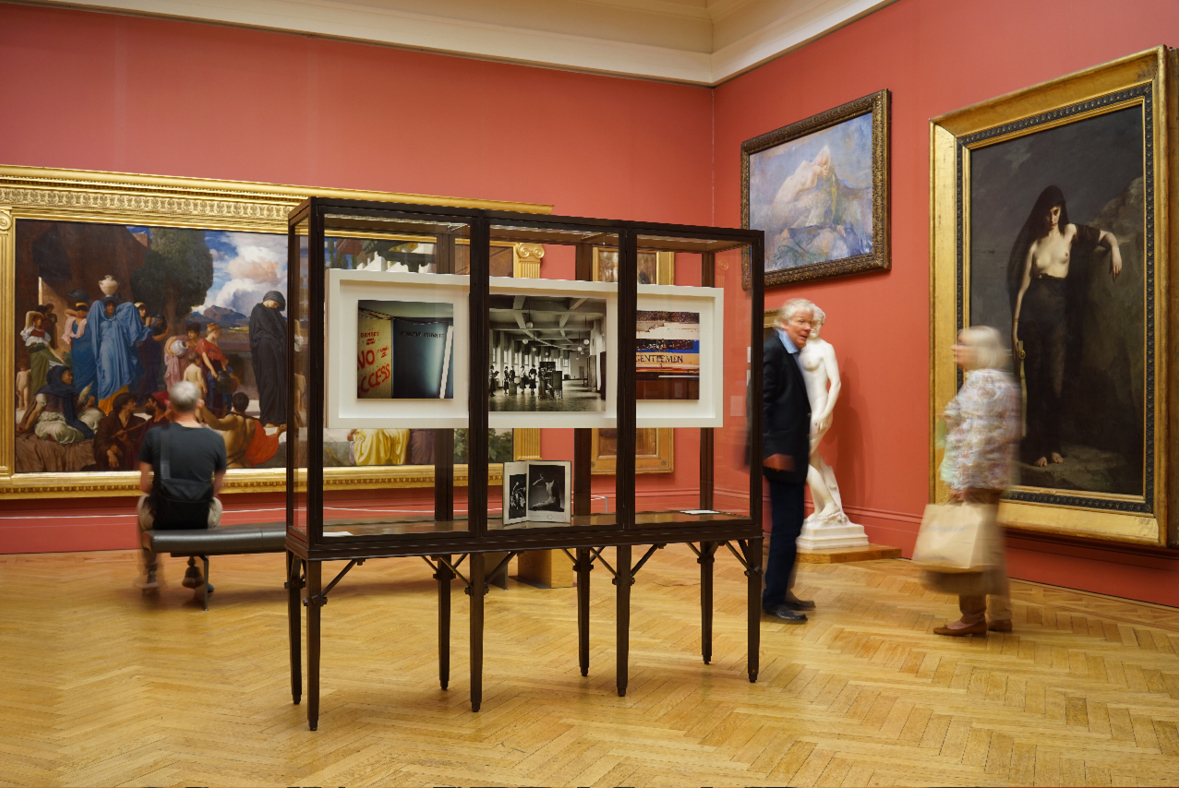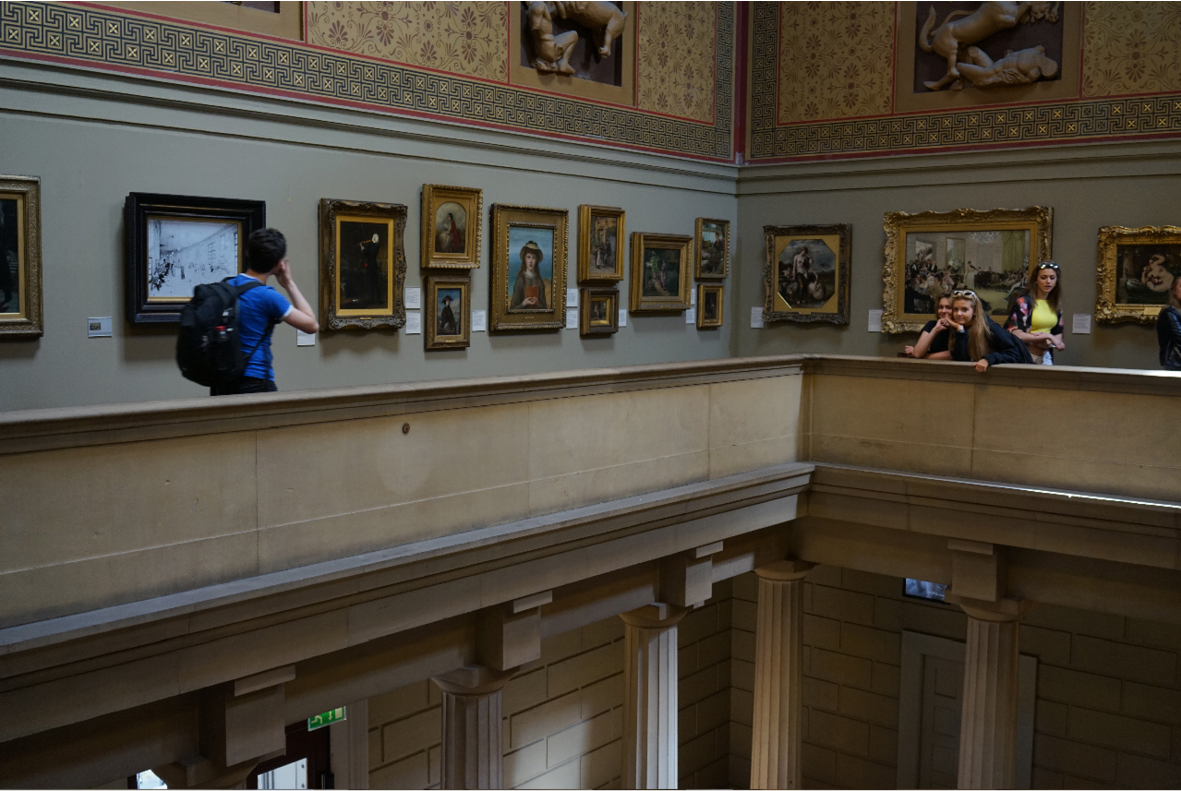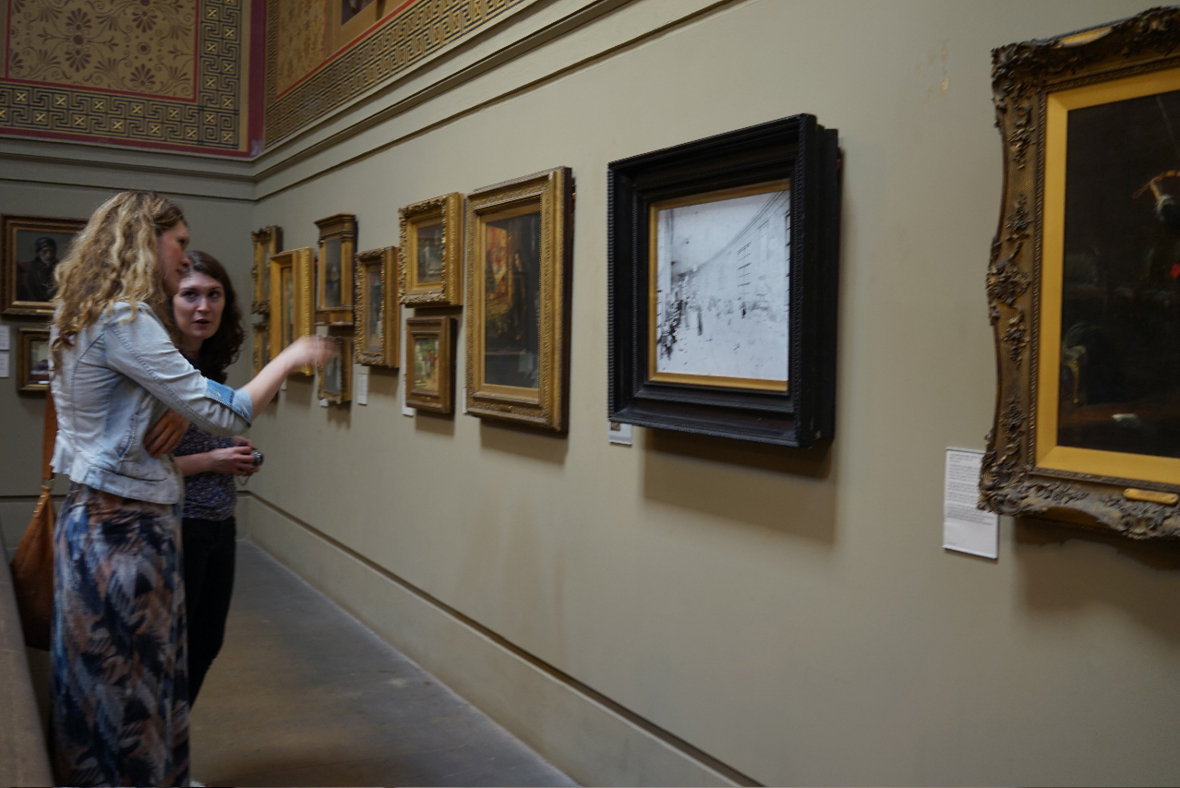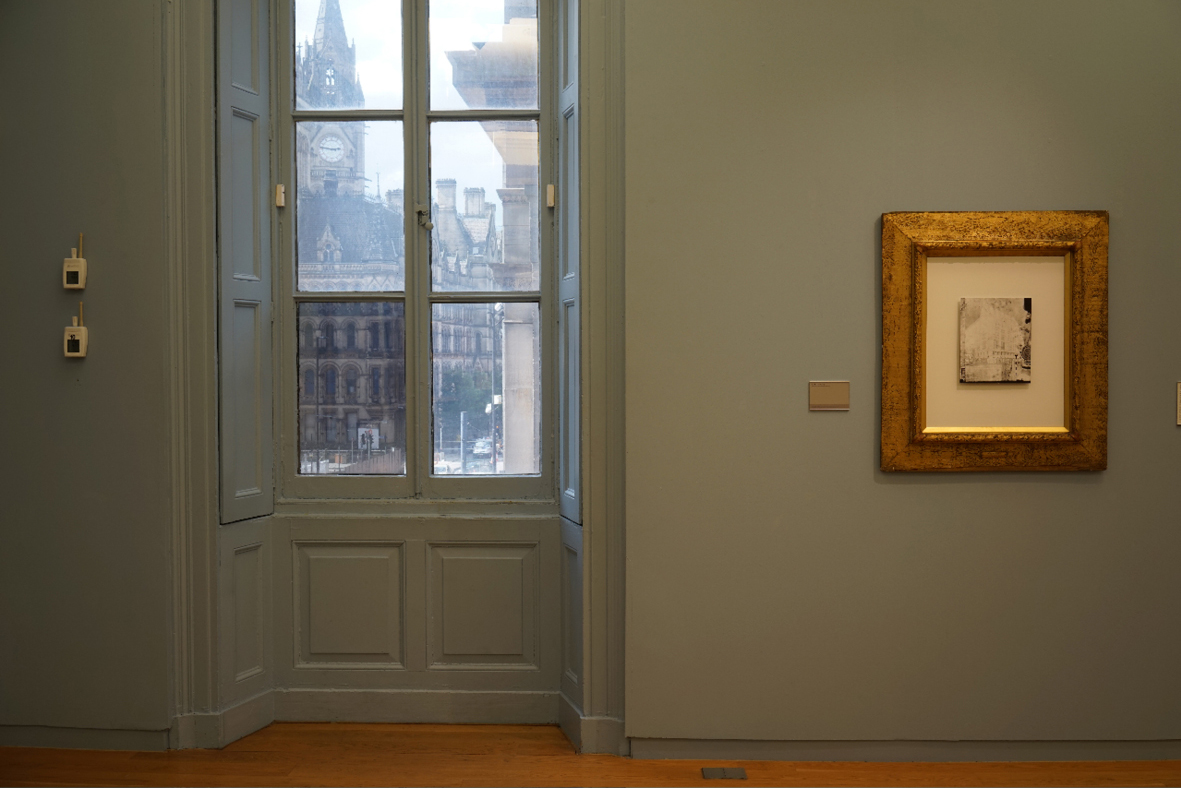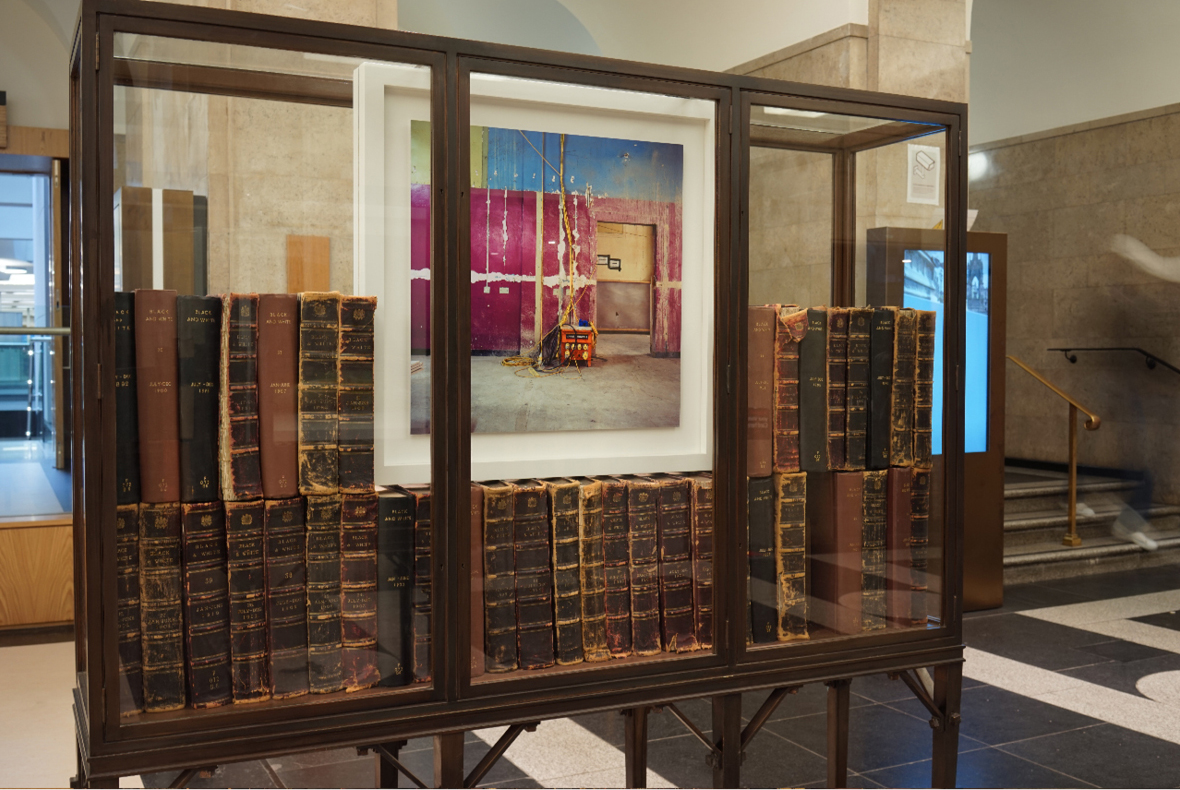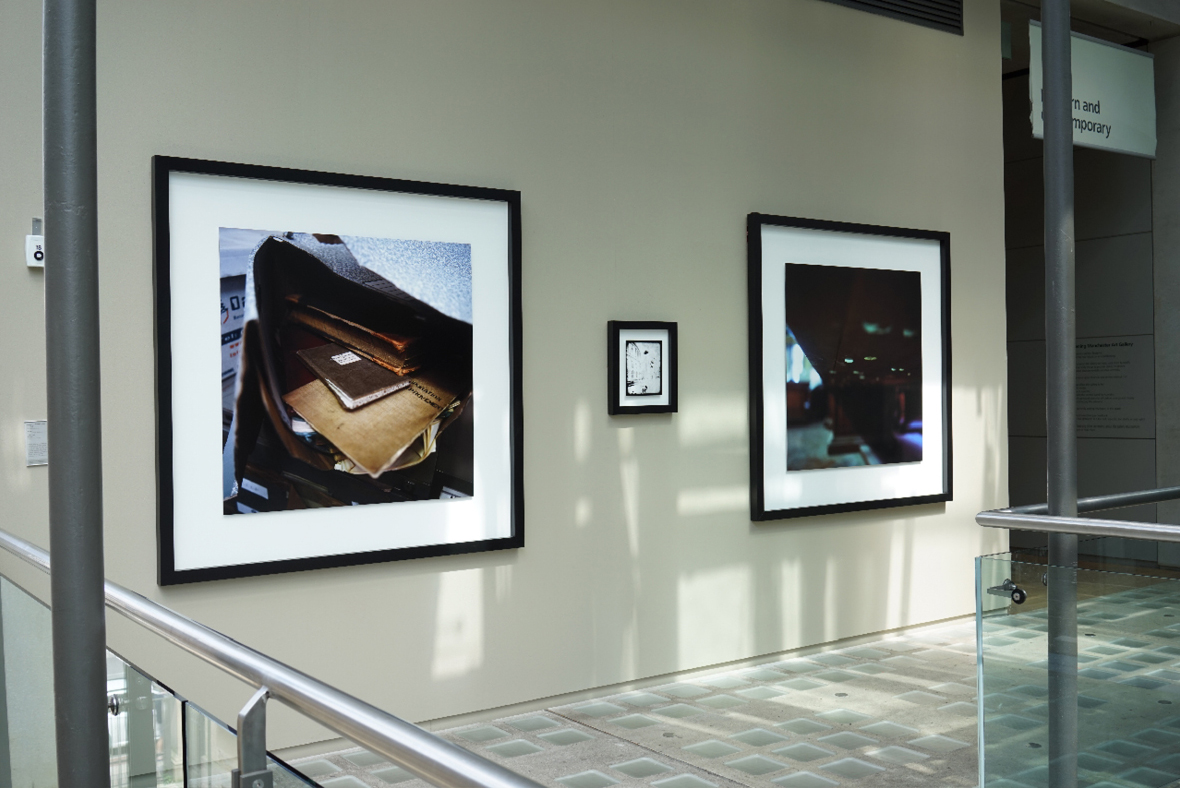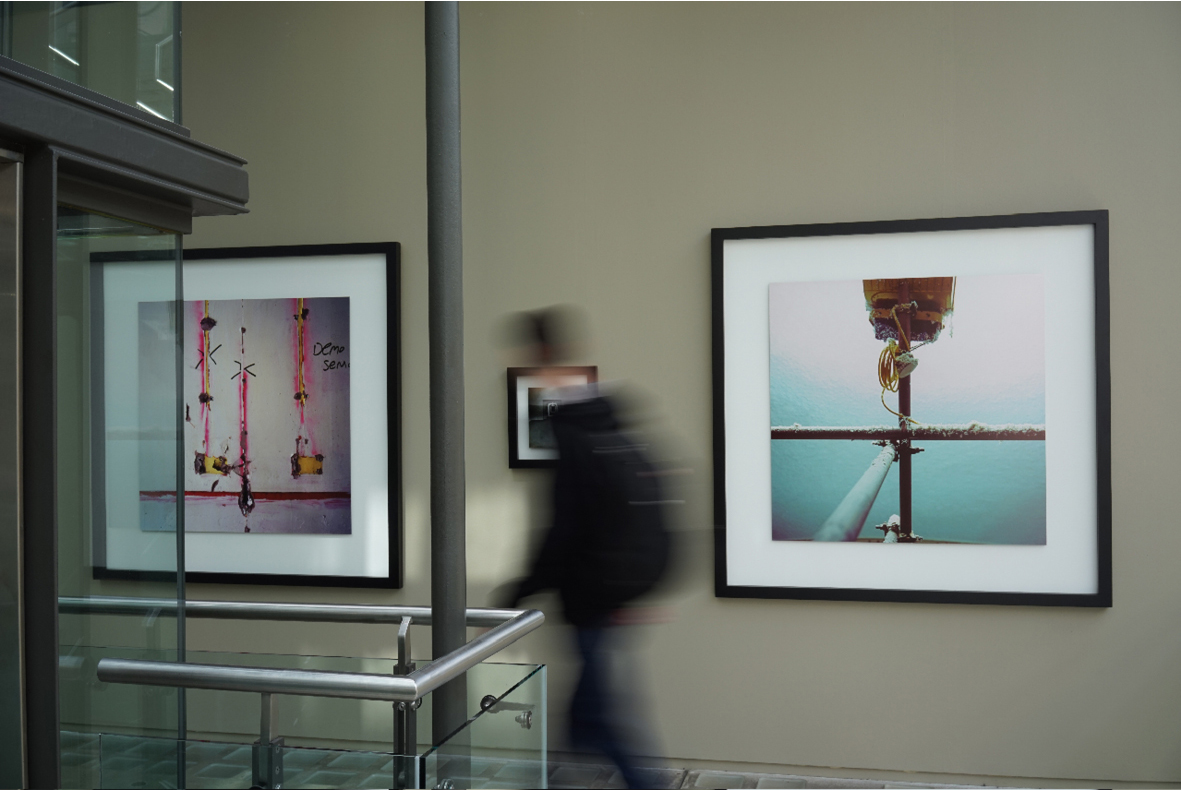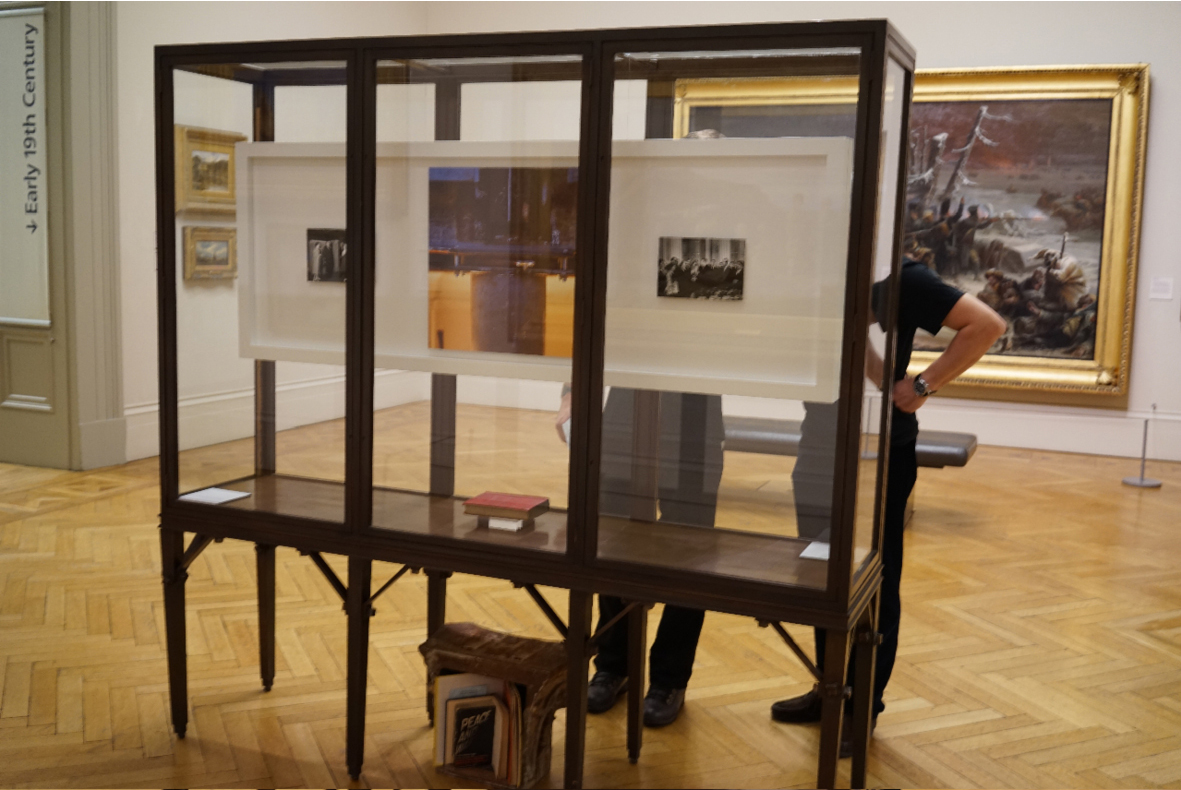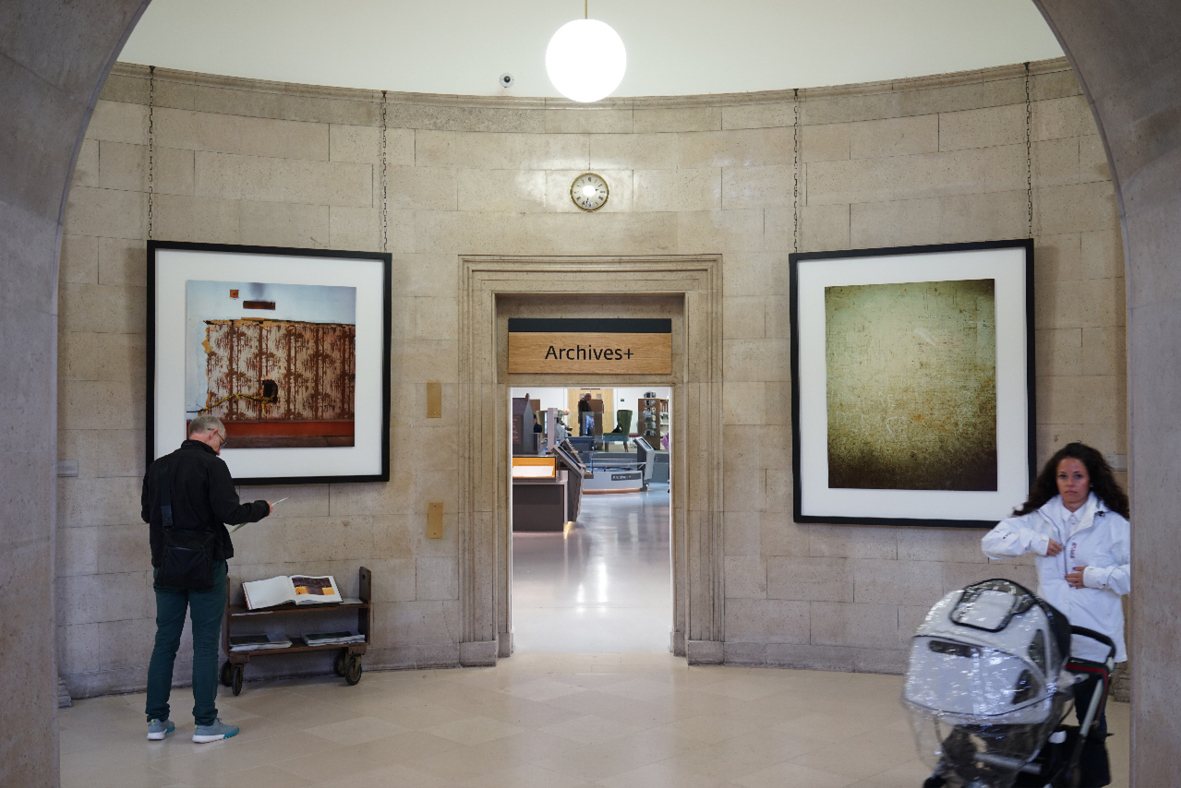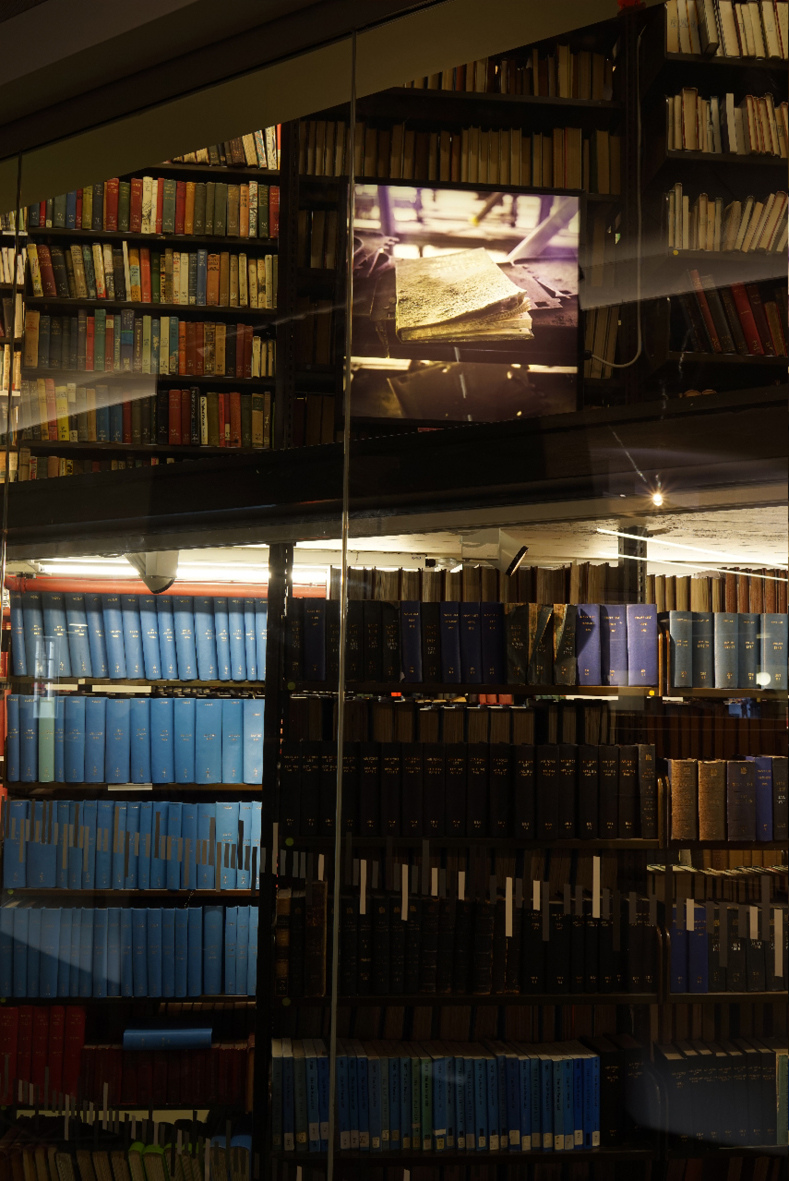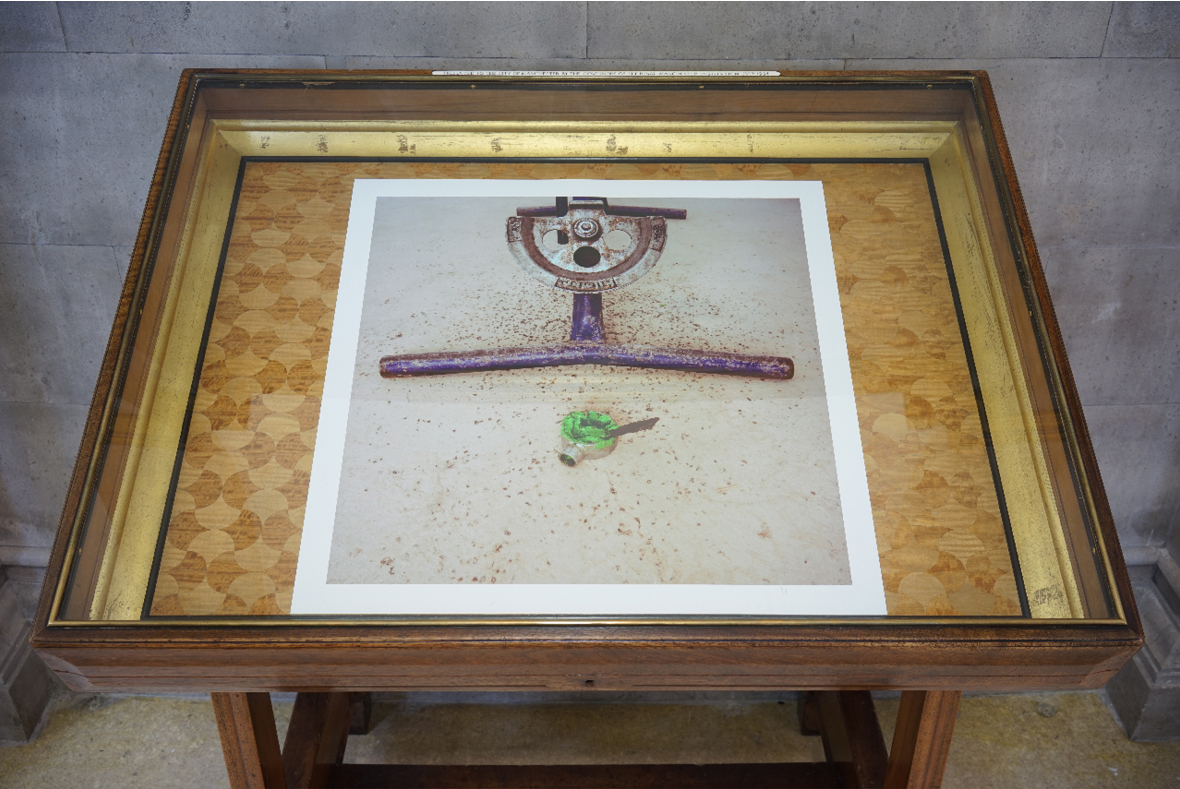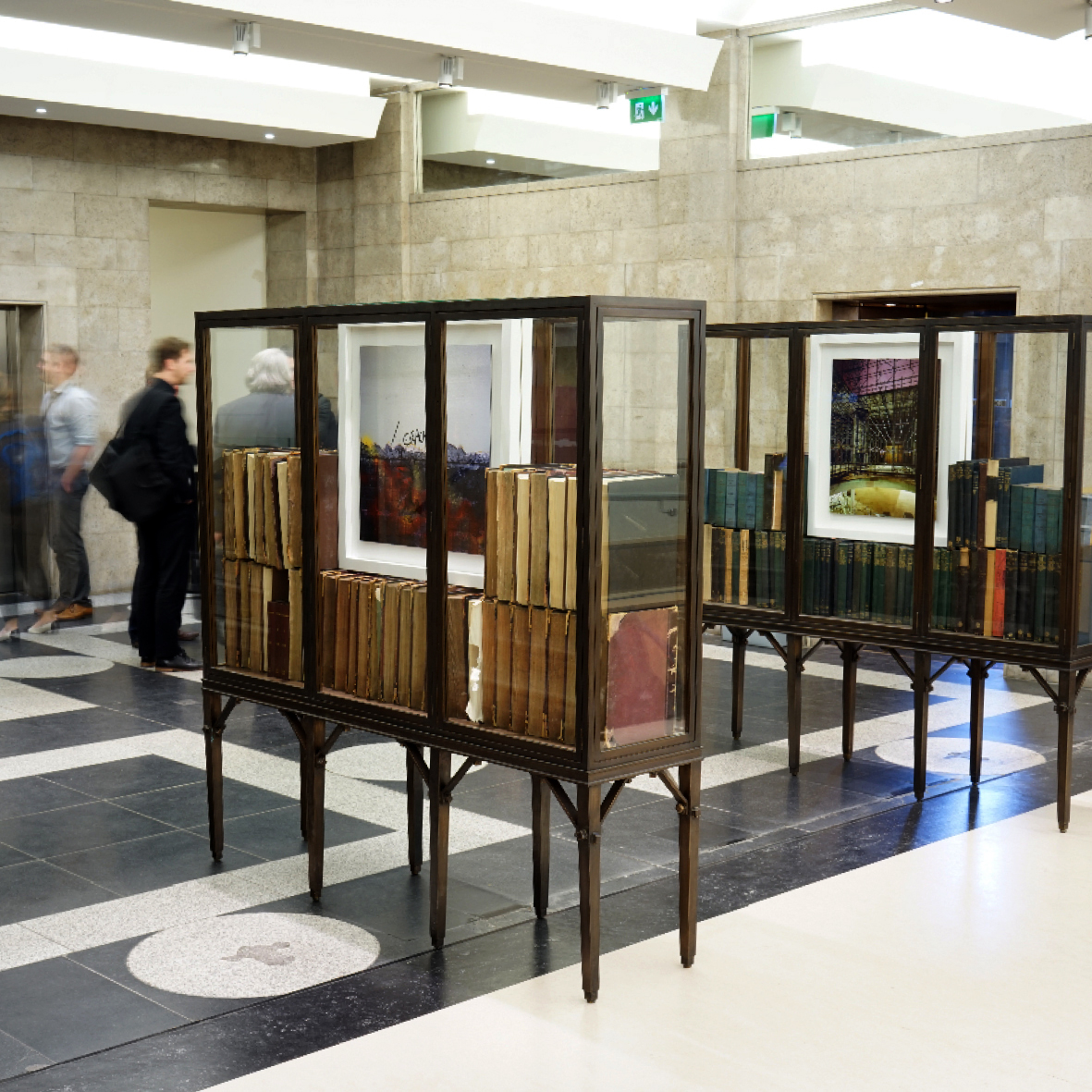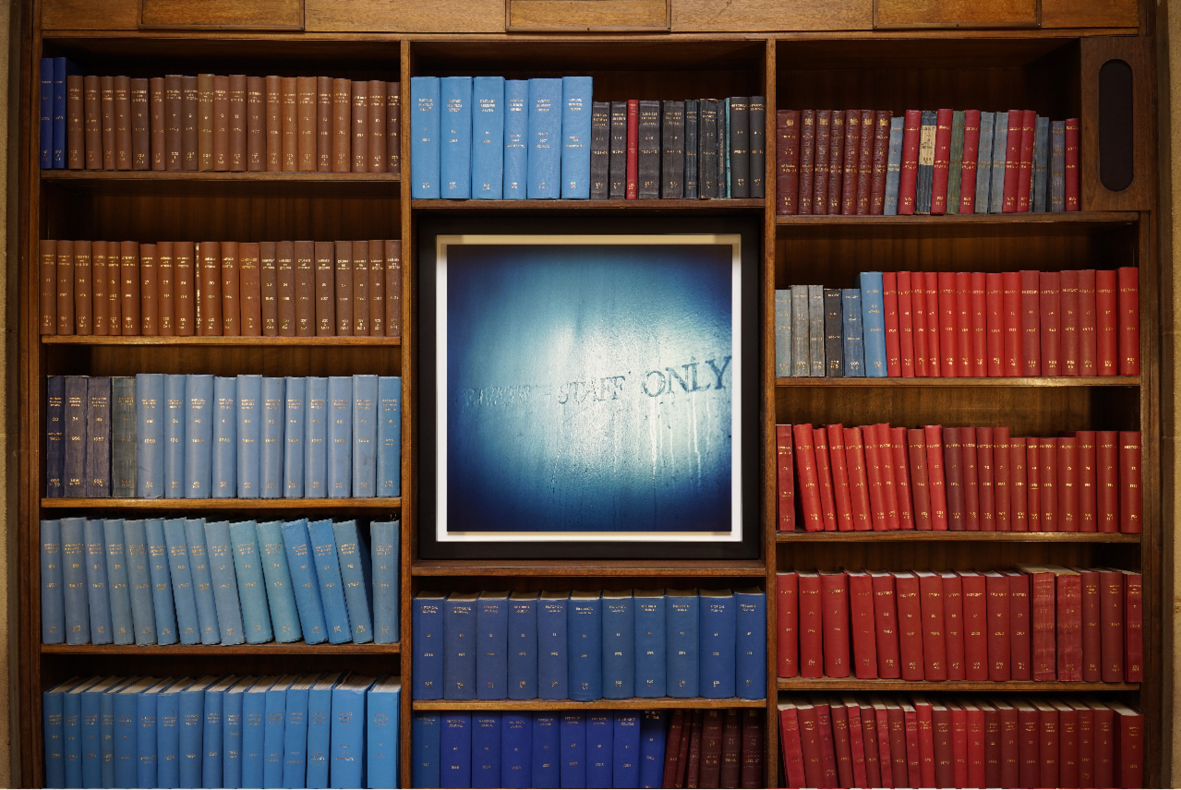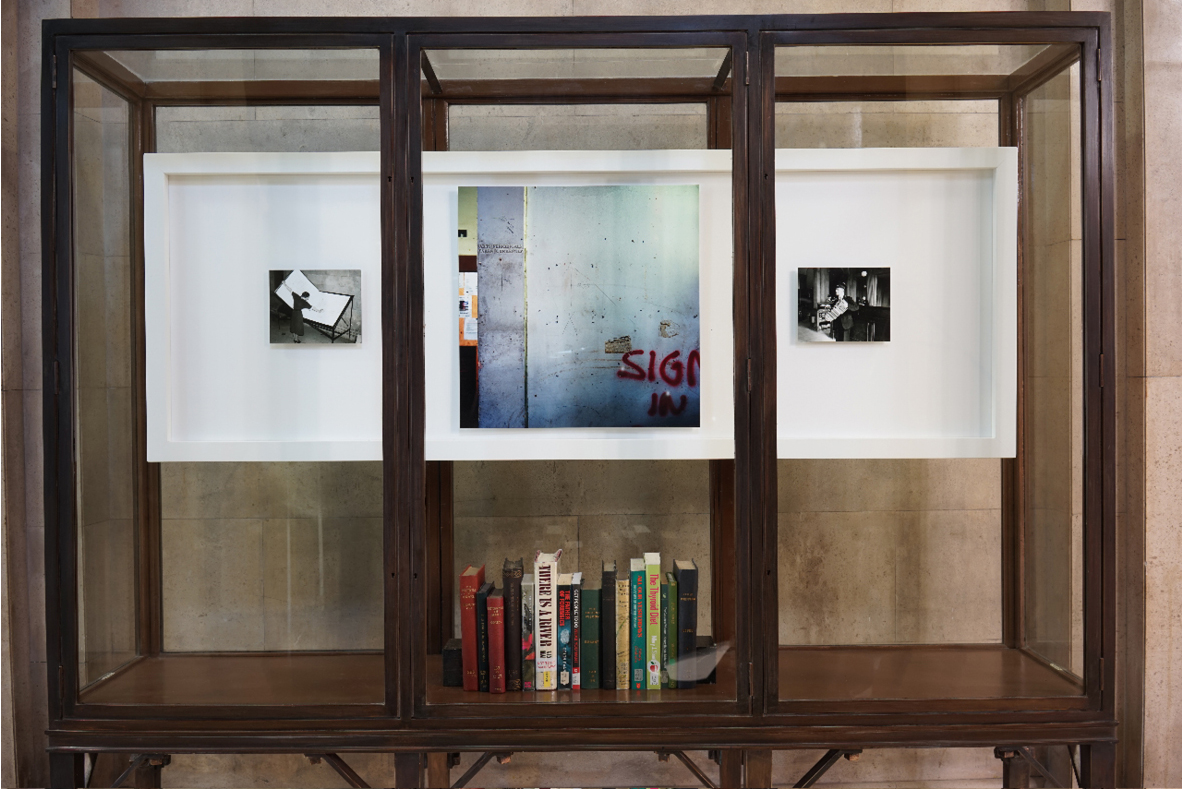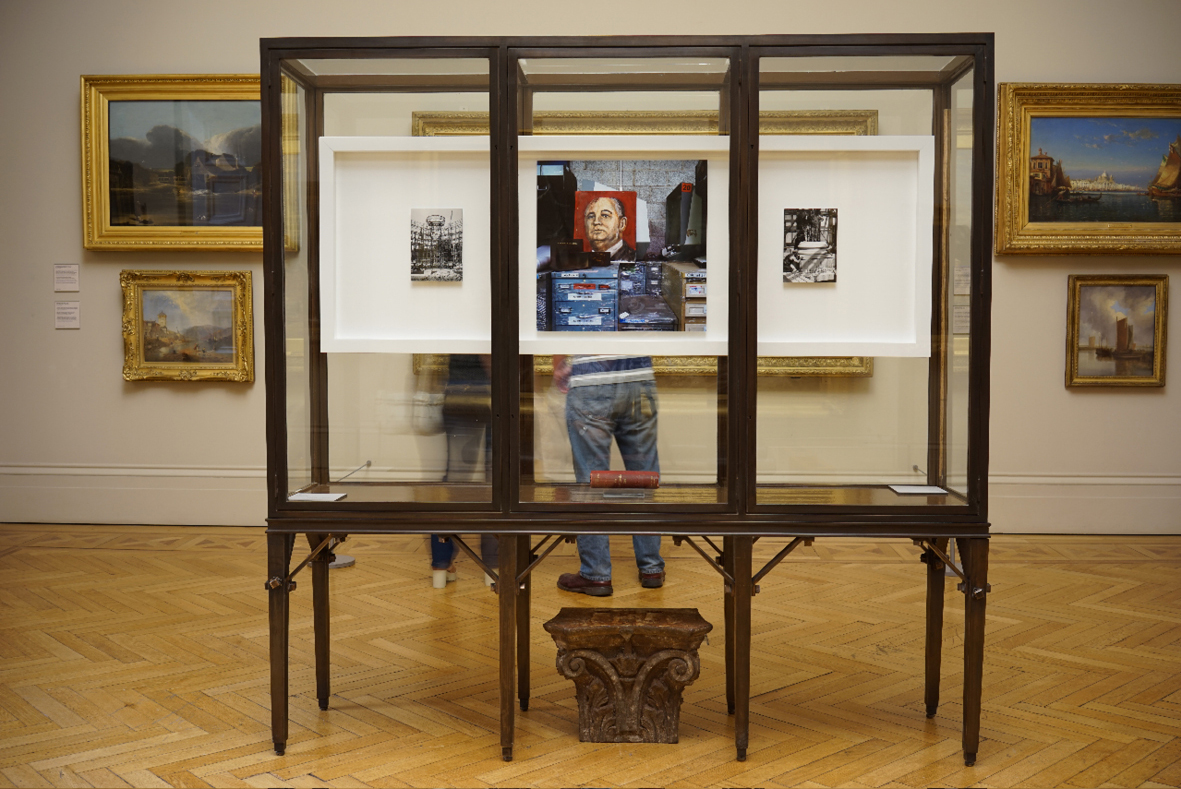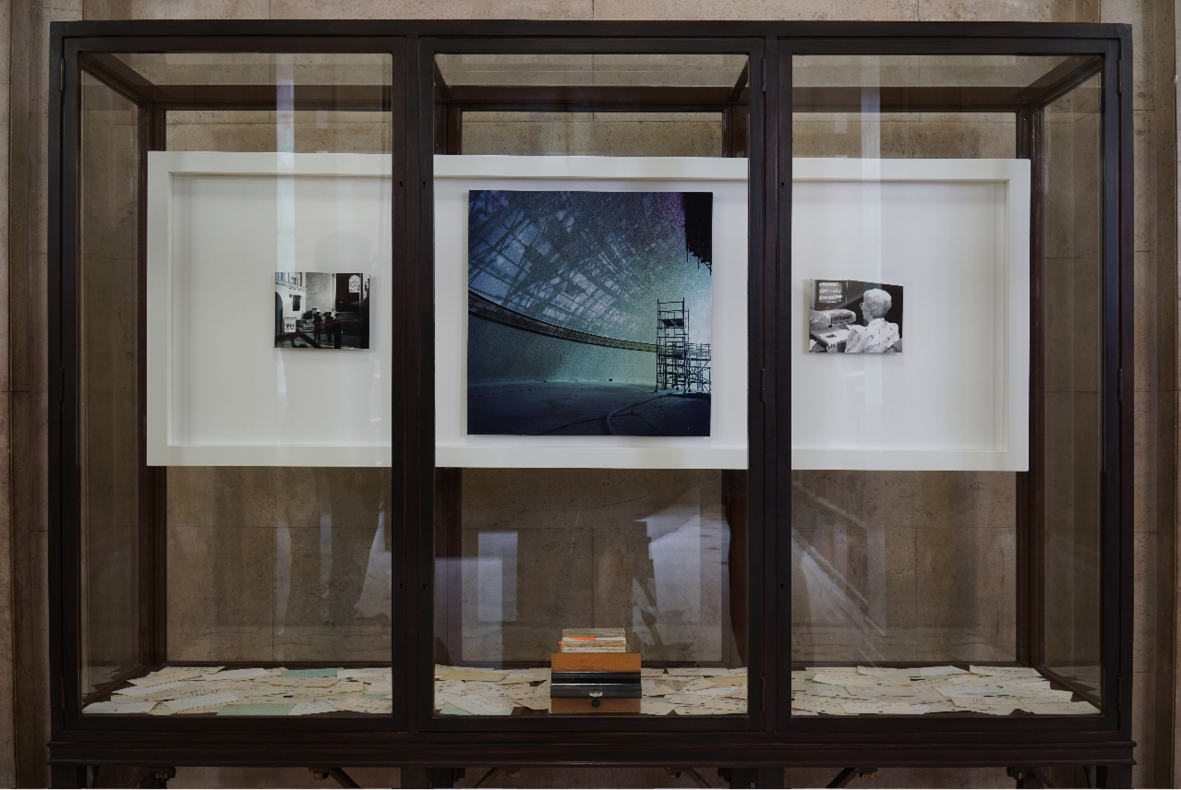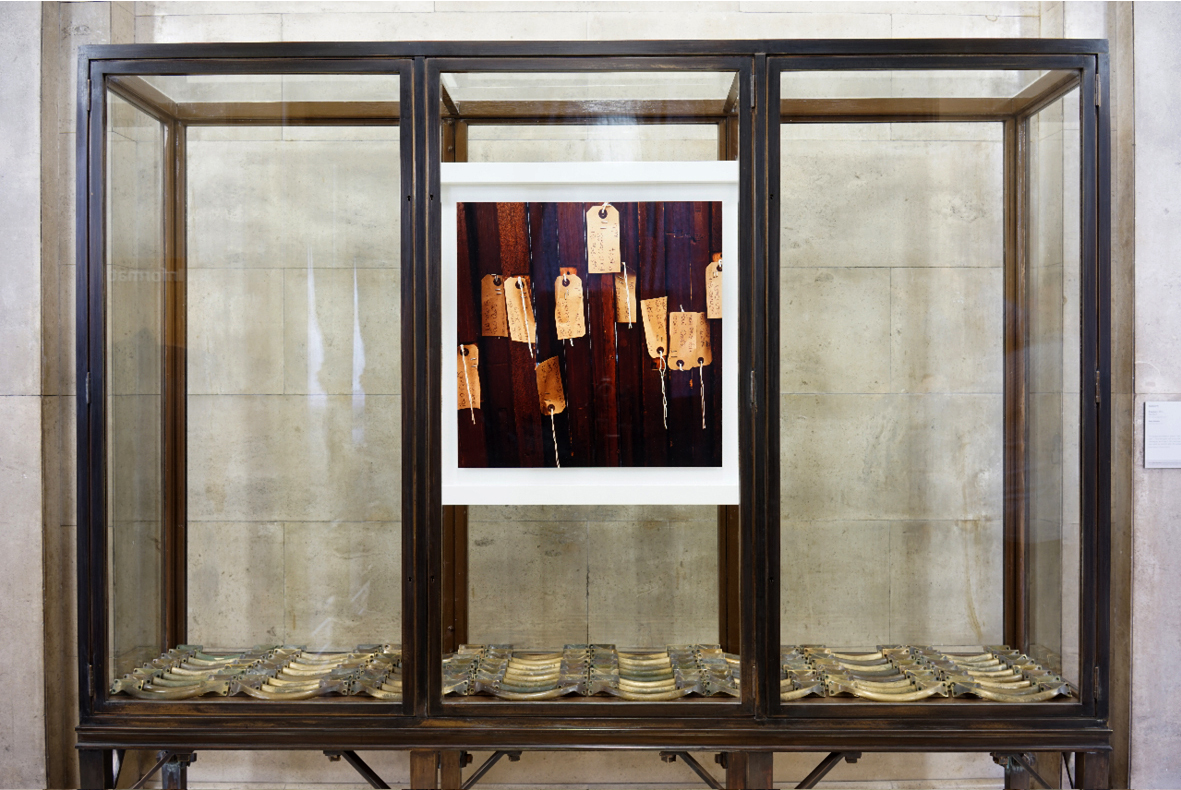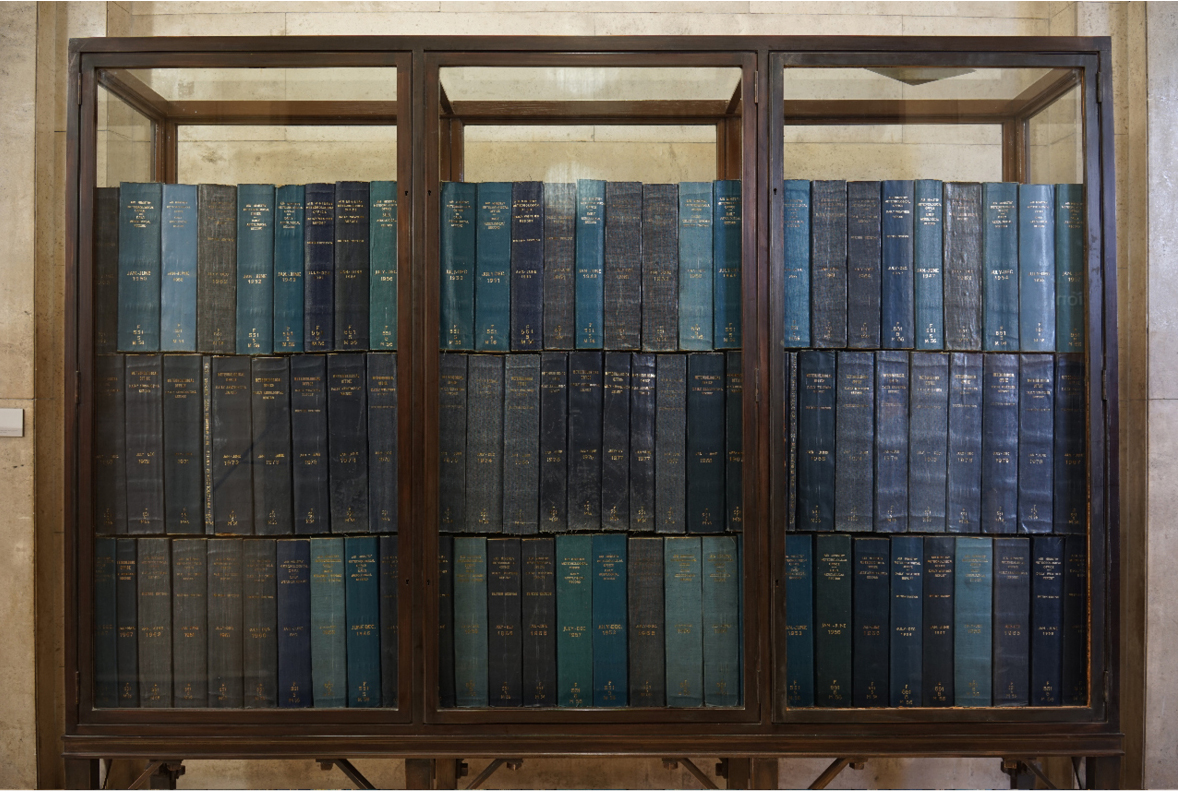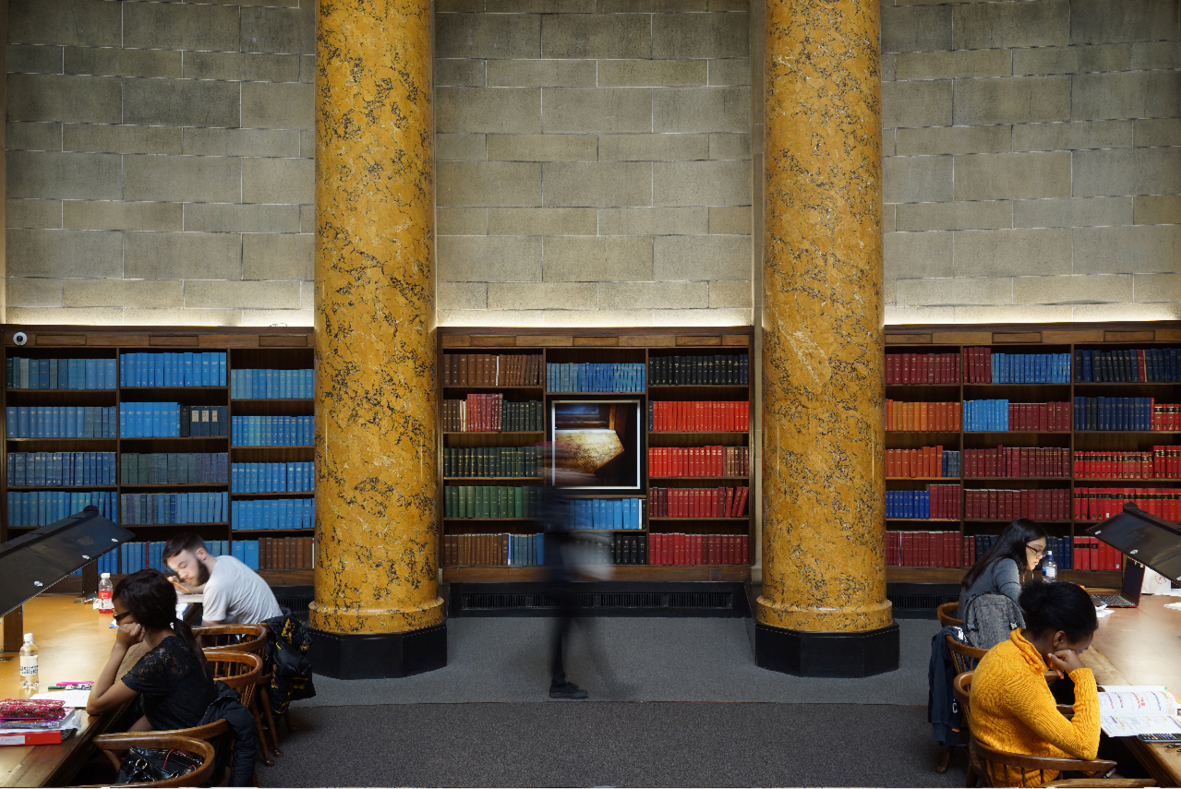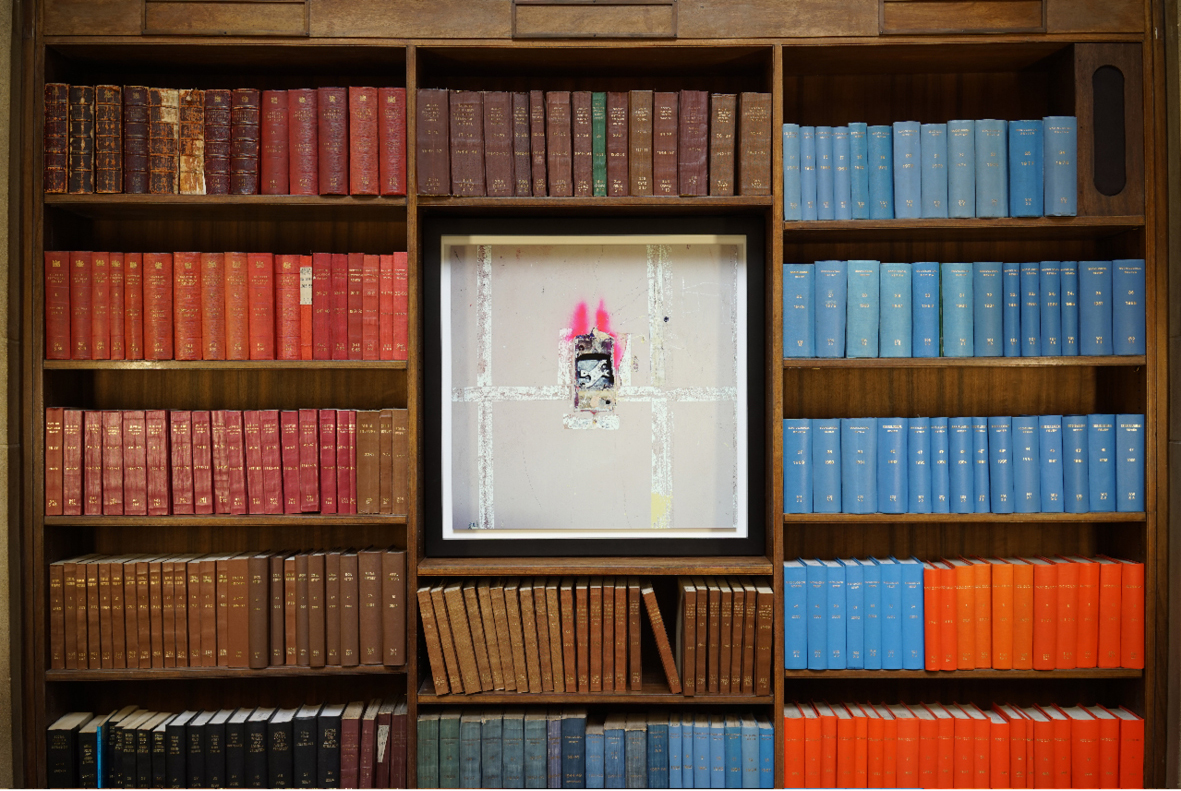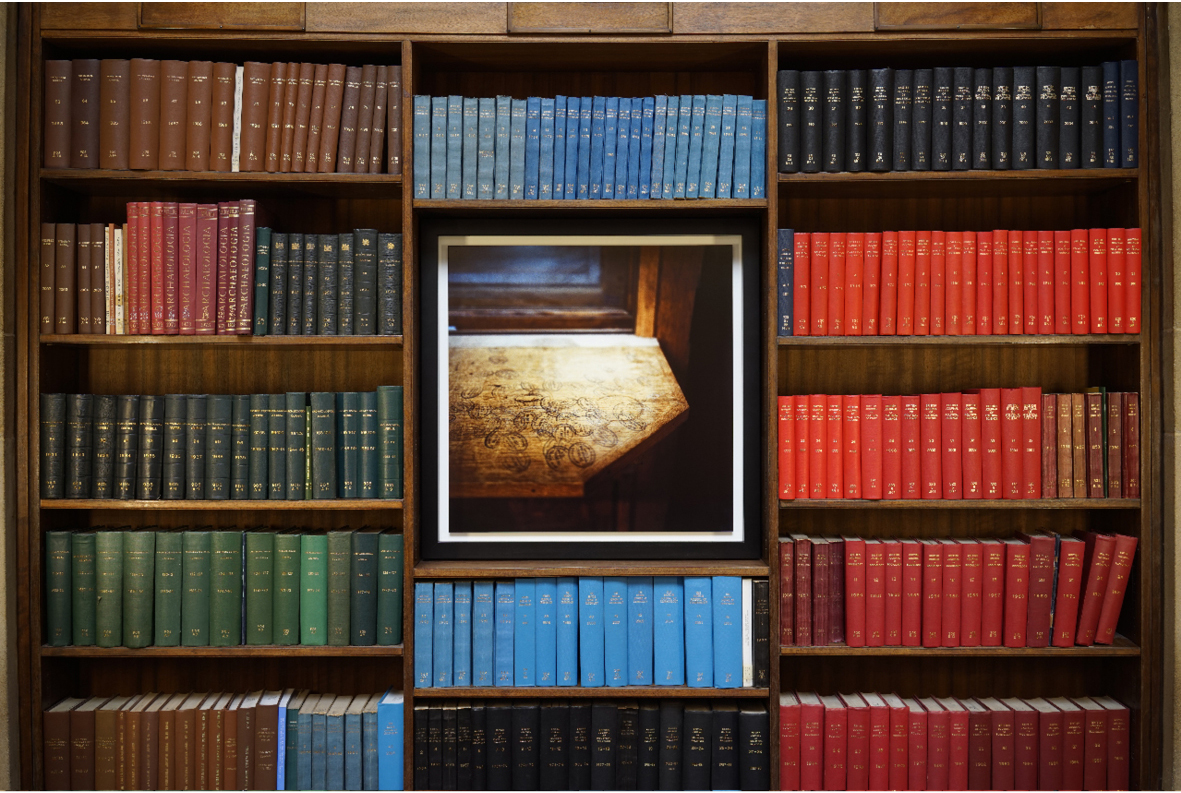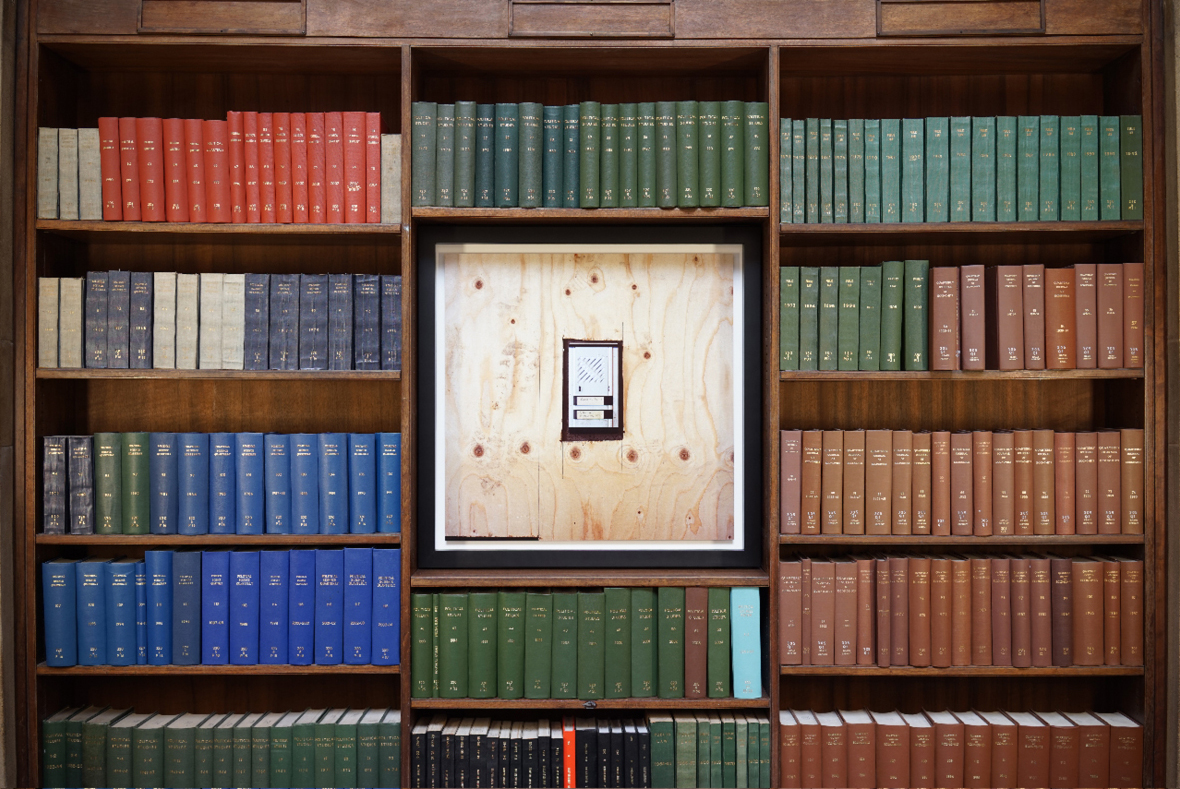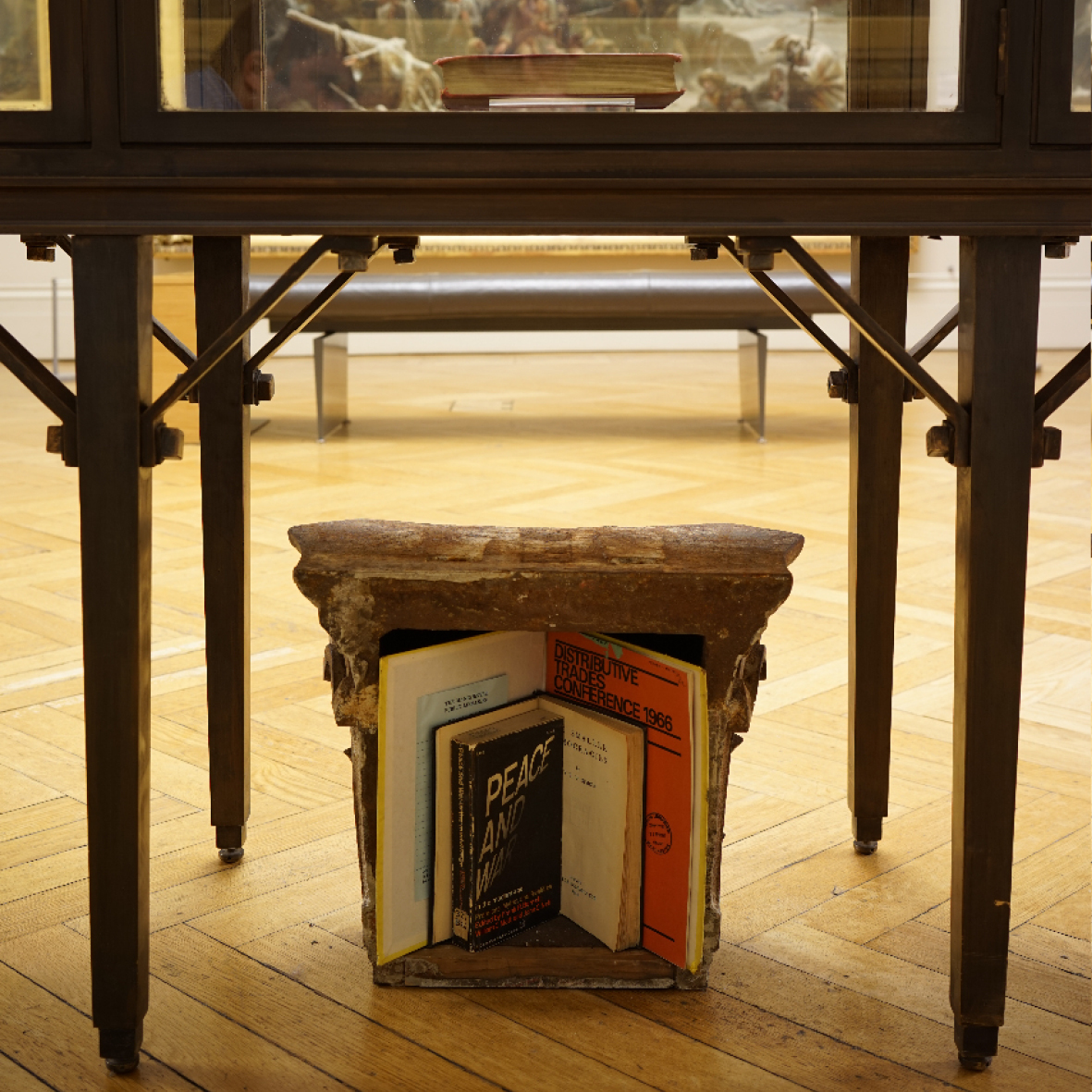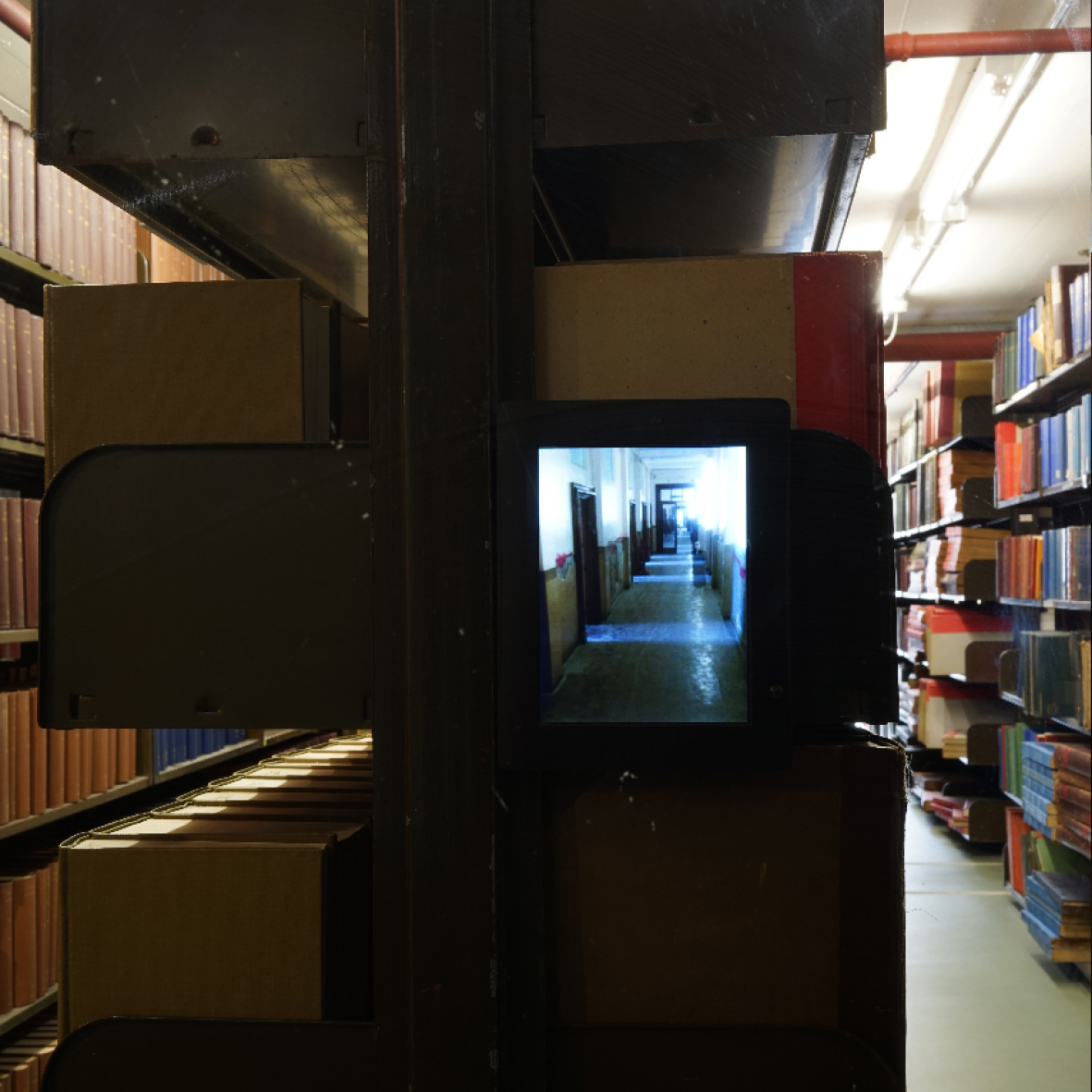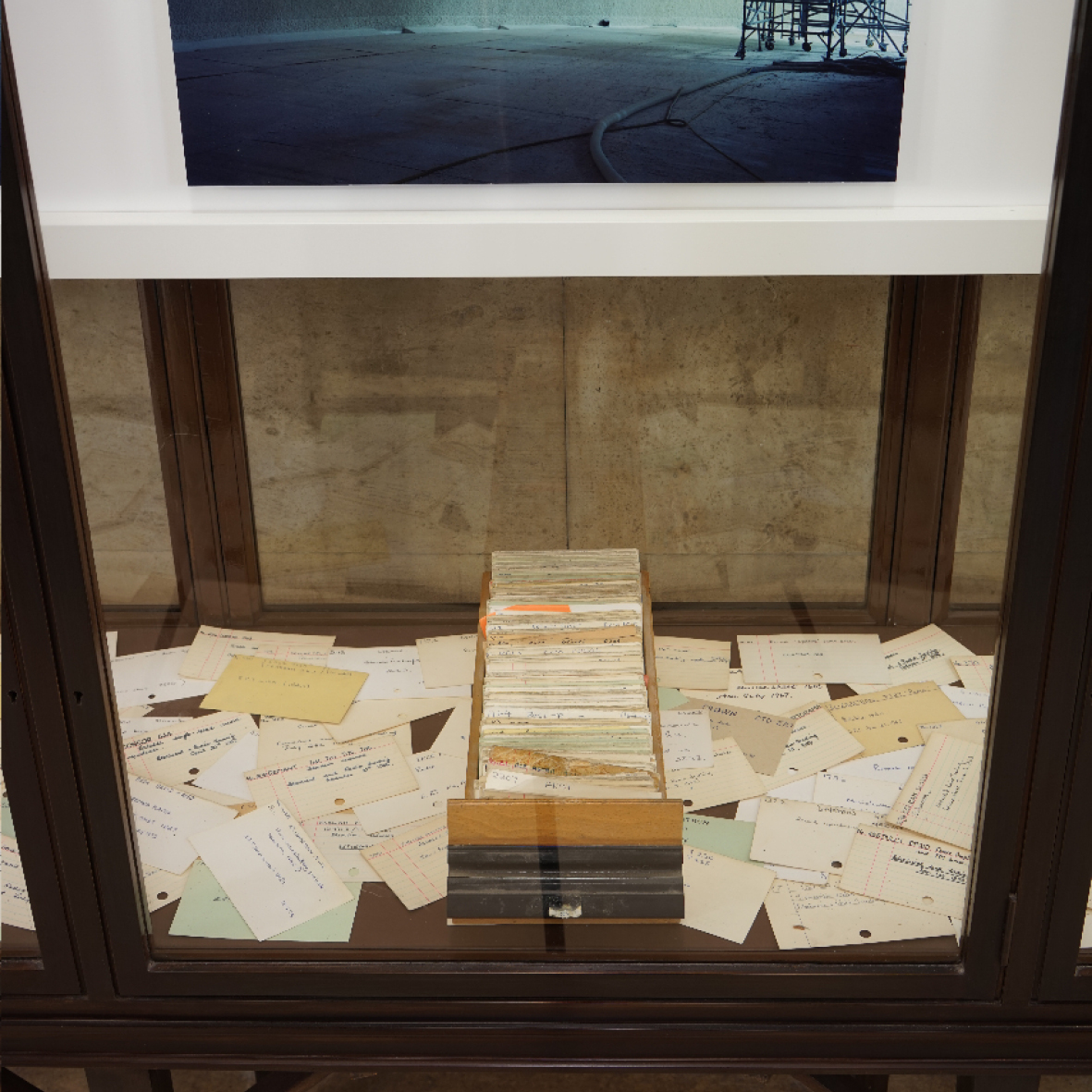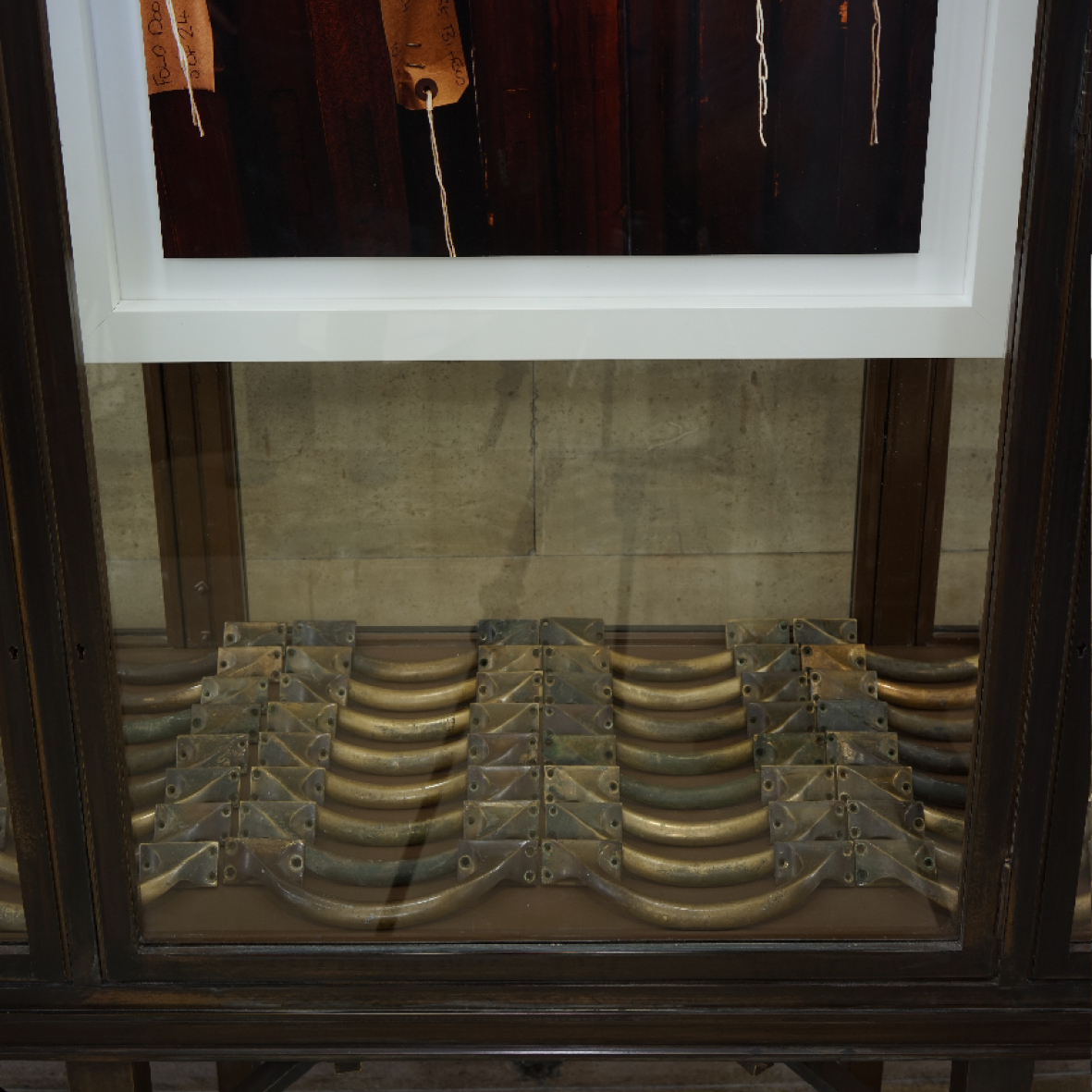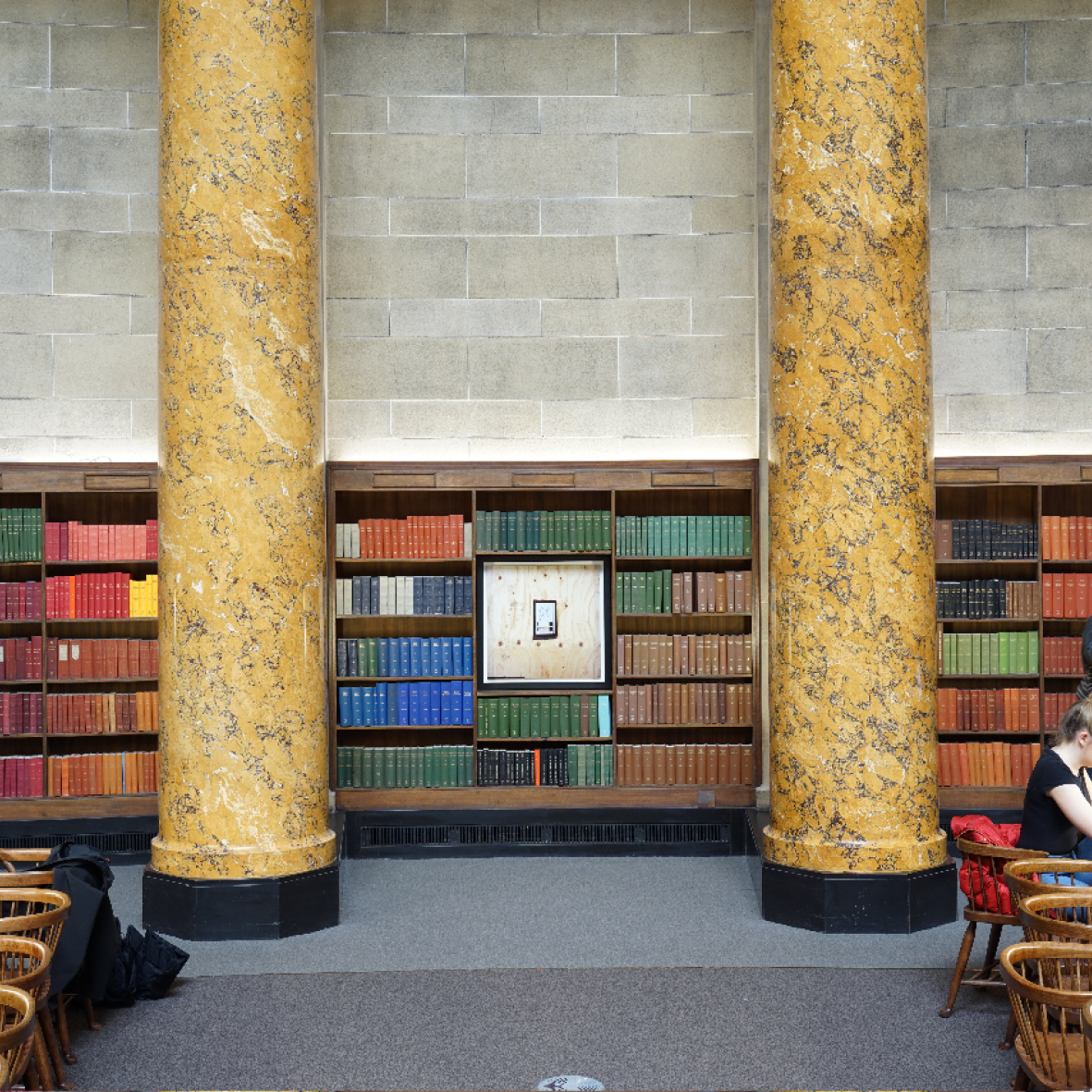“Full of sunk treasure”
Ransacking and celebrating the public library
When you search for opinions and ideas relating to public libraries on the internet, you very quickly become aware of the profundity of the language used about their importance and value, and the passion and love for these spaces which writers and thinkers have expressed over the centuries; libraries have been compared with churches, temples, even paradise. The cultural and emotional value we give to our libraries is surely one of the reasons why the exhibition and book Citizen Manchester by Dan Dubowitz and Alan Ward connects with all of us who feel that libraries are places we should celebrate and protect.
Libraries are often associated with the idea of democracy and the power to change lives. As writer Doris Lessing puts it,
“A public library is the most democratic thing in the world…People who love literature have at least part of their minds immune from indoctrination. If you read, you can learn to think for yourself.”
This power to democratise is reflected very well in many of the texts included in the Citizen Manchester book. Manchester’s Central Library has, for generations, brought together people from diverse backgrounds and provided space to learn, discover and imagine. Alan Ward’s photograph Gum shows the mysterious glowing forms of discarded chewing gum under one of the reading room desks; evidence of years of human habitation in one of the most loved and iconic spaces in the library building. As the cultural commentator Jonathan Schofield says in the book, “People really thought they could read their way out of poverty”.
The artists, however, do not shy away from drawing attention to the kinds of divisions that have existed in our society throughout the building’s history, and do not naively suggest that the library can erase wider class and gender differences. Gordon Pollitt describes in the book how even the different kinds of toilets in the Town Hall Extension reflected class differences. Cabinet II, a triptych of photographs, draws attention to the language of power and male dominance through images of signs saying “gentlemen” and “strictly private”, contrasting with images of women seemingly working underground in lower-paid, lower-status roles. The placing of Cabinet II in Manchester Art Gallery’s room of paintings dominated by bare-breasted Victorian sirens and mythical female figures playfully and humorously pushes the gender point a bit more.
Dan Dubowitz’s Spine, an intriguing image of a chained book in one of the special collections, has the appearance of a museum relic laden with cultural significance and value. The collection of a library reflects the history and heritage of a city’s population, as well as the decisions made by those in charge of collecting, just as we make decisions at the Gallery about which artworks we should collect for future generations. The artists’ list of special collections at Central Library in the Citizen Manchester book starts you on a journey of discovery through a world which has been temporarily hidden from us and is now being opened up to us again: the Bataillard Gypsy Collection, Broadside Ballads, English Dialect Collection, and Sutton Witchcraft Collection, among other delights.
“I ransack public libraries and find them full of sunk treasure”
Virginia Woolf
Citizen Manchester is a labour of love which reflects back at us our shared profound love of public libraries, their political and social significance and the ways in which a population inhabits and uses them. Virginia Woolf’s words sum up what they have achieved with this work.
Clare Gannaway
Exhibitions Curator, Manchester Art Gallery

